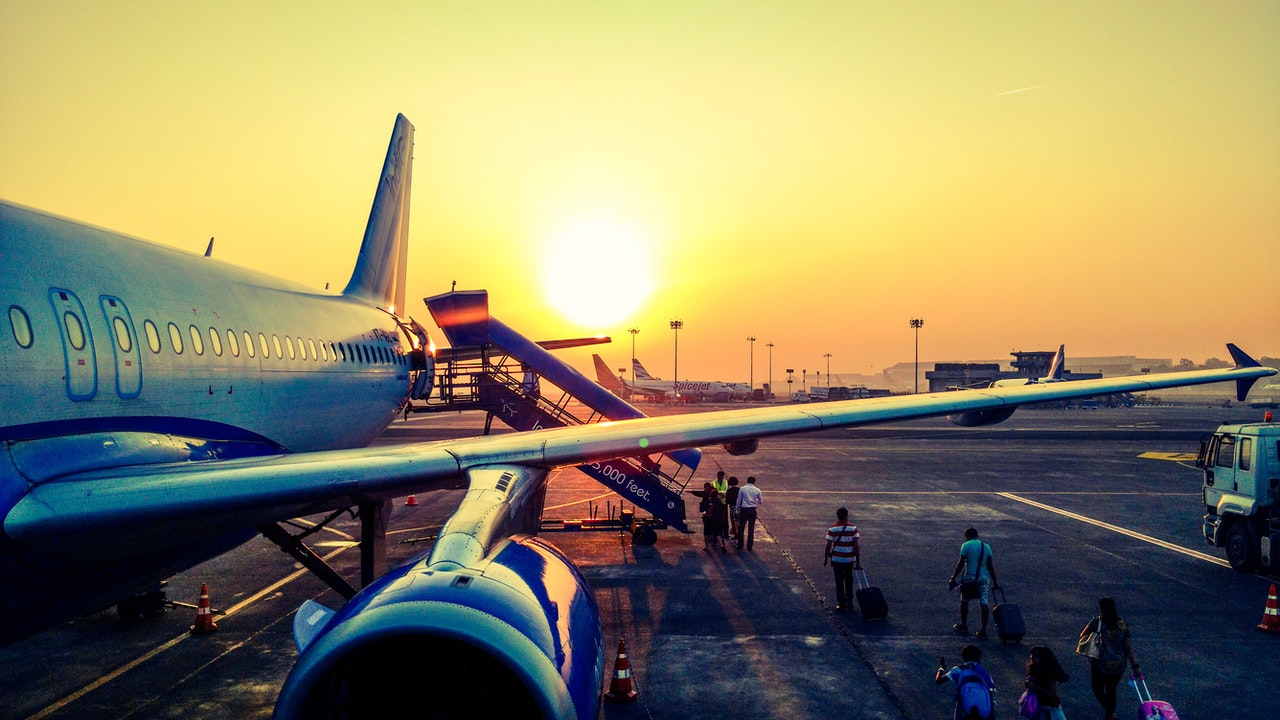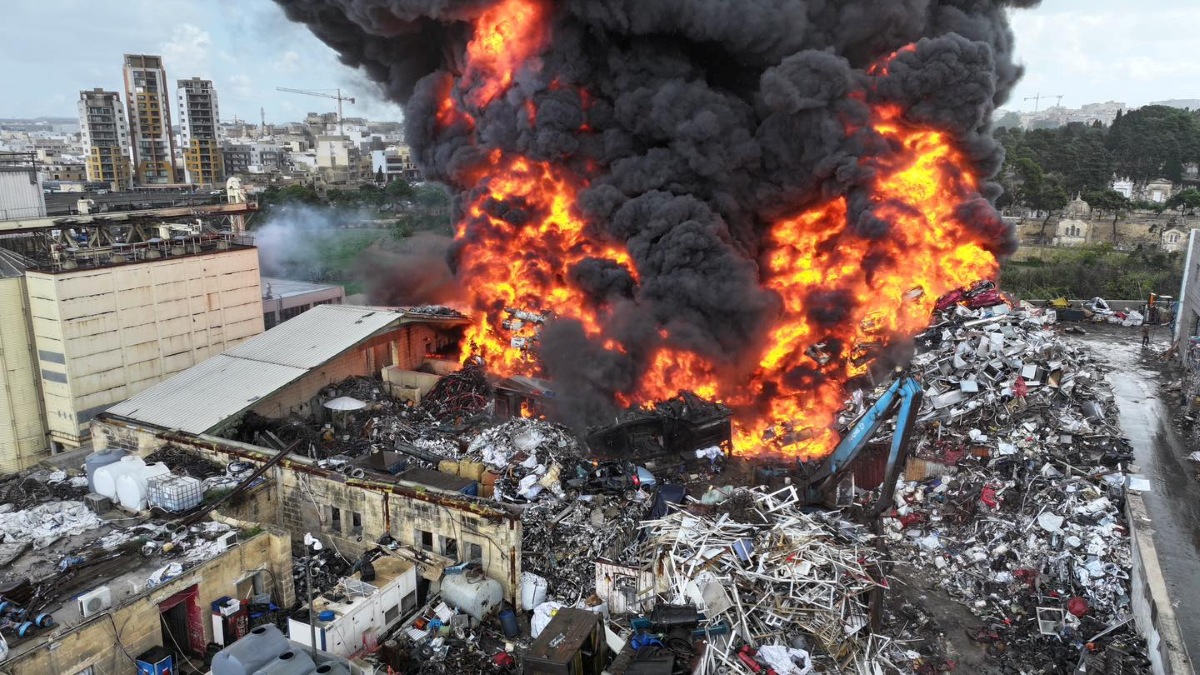Two leading stakeholders in Malta’s tourism industry, the Malta Hotels and Restaurants Association (MHRA) and Malta International Airport (MIA) have welcomed Health Minister, Chris Fearne’s, announcement this morning that some COVID restrictions will be relaxed.
Most notably for tourism operators, Mr Fearne stated that as from 12th April, arrivals into Malta will not need to present a vaccine certificate in order to avoid quarantine, but will also be allowed to provide a negative PCR test or recovery certificate.
The move essentially means that Malta is reopening as a tourist market to prospective travellers who haven’t been vaccinated.
Despite the fact they both welcomed the decision, both the MHRA and MIA insisted that a further relaxation is needed.
The MHRA repeated earlier calls for the easing of all remaining COVID restrictions, including all testing requirements, the need to present proof of vaccination or to complete a Passenger Locator Form (PLF).
The organisation looked abroad to back itself up, stating that a number of other countries across Europe and beyond have already lifted all restrictions.
Similarly, MIA described the move as “the first step towards the complete lifting of the country’s COVID restrictions on travel.”
It contended that PCR tests are an “inconvenience” as well as an added cost, which could prompt potential visitors to choose another destination for their summer holiday, including Switzerland, the Netherlands, Ireland and the UK, which have recently completely removed all restrictions on travel.
MIA added that with the peak holiday season only months away, it is appealing to the Government to give visibility – to both the industry and potential visitors – of when the remaining COVID travel restrictions, including the red and dark red colour system, will be completely removed.
Aside from the restrictions impacting arrivals, the MHRA also called for the lifting of the final restrictions on the activities of both hotels and restaurants.
“These restrictions, such those related to buffet and bar service, are directly impacting negatively operations, leading to gross inefficiencies and difficulties and compounded with the issue of lack of available staff to work in our sector,” the MHRA stated.
Looking forward, it emphasised its belief in the need to now focus on self-responsibility in keeping society healthy.
‘Gozo expansion has always been on the cards’ – Darscover CEO
Joe Ellul Turner discusses how Darscover’s expansion into Gozo will bring data-driven innovation to the island’s property market
Women now make up 61% of full-time University of Malta students
Women have been consistently outnumbering men in full-time tertiary education
Digital security firm ESET recognised as a ‘Notable Provider’ in Forrester’s European MDR Report
Territory Sales Manager Costas Georgiades highlights the company’s blend of regional expertise, rapid response, and intelligence-driven cybersecurity services






